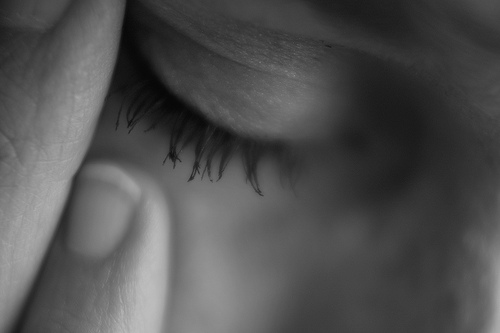 Chronic migraines are debilitating not just due to pain but also because a sufferer must live with the constant threat of triggering a migraine. This fear often restricts activities just as much as the migraine itself. Being prepared ahead of time puts you back behind the wheel instead of being a mere passenger.
Chronic migraines are debilitating not just due to pain but also because a sufferer must live with the constant threat of triggering a migraine. This fear often restricts activities just as much as the migraine itself. Being prepared ahead of time puts you back behind the wheel instead of being a mere passenger.
Supplies
Keeping essential supplies immediately available can make a tremendous difference when it comes to chronic migraines:
-
Fluids: Dehydration can trigger and worsen the severity of all varieties of migraines; make an effort to stay hydrated.
-
Sunglasses: Filtering bright light can prevent or reduce symptoms.
-
Medications: This may seem obvious, but keeping your medications (both over-the-counter and prescription) all in one place makes them easy to remember and use through the haze of migraine-induced pain and confusion.
When it comes to over the counter vitamins including the ones listed below, make sure to talk to your doctor first before taking them to ensure they suit your needs and to prevent unwanted effects, if any.
-
Riboflavin (Vitamin B2): Studies indicate riboflavin supplementation reduces both the frequency and severity of migraines.
-
Butterbur: An extract from the Petasites hybridus root, butterbur extract has also proven to reduce the frequency of chronic migraines.
-
Magnesium: Migraine sufferers often have chronic low magnesium levels;magnesium supplementation reduces migraine frequency for many individuals.
If you find yourself traveling or away from home for a period of time, it’s a good idea to have your doctor’s contact information and a list of all medications being taken with you as well.
Preventative Measures
A key element of managing chronic migraines is taking medications at the onset of migraines, such as auras or light sensitivity. Some migraines can be prevented by taking medications early enough, and if not, the severity and duration can be reduced.Other preventative treatments are a little more subtle:
-
Eat regular meals, on schedule.
-
Get 7 to 9 hours of sleep every day, on schedule.
-
Try to relax or massage shoulder, neck and jaw muscles.
-
Cut down on processed foods and non-vital medications.
-
Avoid or cut back on alcohol and/or tobacco.
-
Don’t quit caffeine cold-turkey.
Reducing Severity and Duration
Unfortunately there’s no sure way to prevent migraines. When efforts to do so fail, focus shifts to mitigation:
-
If you were unable to take medications at earlier symptoms, doing so in later stages may still help.
-
Bland foods like soda crackers may help ease nausea.
-
Drink lots of fluids, especially if vomiting occurs.
-
Avoid bright lights, loud noises, strong odors and other stimuli if possible.
-
Laying down and/or sleeping usually eases pain.
-
A hot shower may reduce pain.
Some medicines lose effectiveness if taken continually. Speak with your doctor about alternating medications if you notice yours isn’t working as well as it once did.
Recovery
Chronic migraines often leave their victims drained and exhausted. If life demands you to get back on your feet quickly, try to take it easy by eating simple, healthy foods, avoiding excessive stimuli, and staying hydrated.Like most medical conditions, chronic migraines and effective treatments vary highly between individuals, but it is possible to manage chronic migraines. Take some time to learn about the different treatment options available and consider speaking with your doctor about trying them. Every day, hour, and minute you spend migraine-free makes it all worthwhile.

